OG&E offers incentives for energy efficiency upgrades and retrofits. For more information on how you can make your projects pay for themselves, visit OG&E's building efficiency page.
Frequently Asked Questions
When stuck in an elevator, utilize the elevator's call box. These call boxes are for emergency communication and will notify the Department of Public Safety. DPS will contact the designated elevator contractor and the Office of Management and Enterprise Services maintenance staff. The elevator contractor is the first responder when passengers are trapped in an elevator.
All remodeling or changes of any kind to tenant space must first be reviewed by the facility manager and then by the department administrator of facilities management.
As stated in the leases and occupancy agreements executed by the tenants in state buildings "No additions, fixtures, or improvements shall be added to the premises by the occupant without written approval by the Department".
Contact your facility manager before you start planning space renovations, improvements or additions.
All equipment, machines and appliances shall be grounded. Circuits shall not be overloaded. Appliances including, but not limited to, coffee pots, ovens, microwaves, facsimile machines, copy machines and other office equipment shall be UL approved.
No notices, bulletins, flyers or other type of information may be placed on any common area wall or door (common area is described herein as hall, lobby, elevator, restroom, break room, or conference room). This includes all adjoining doors and door frames.
A bulletin board may be installed at elevator lobby for agency, building, or event notices. For assistance mounting your bulletin board, please submit a Tenant Work Order Request.
If something is dropped in an elevator shaft, call the facility manager for the building you are located in. They will attempt to retrieve the item(s) at no charge. If the elevator contractor must be called, a fee may be charged.
OFM recommends keeping plants and flowers to a minimum to avoid mold spores, water damage and insect problems. Plants and flowers are to be maintained by the individuals responsible for bringing them on site. Damage to furnishings from over-watering will be billed to the agency where the employee works. Fertilizer or plant food must be stored in sealed containers.
Restrictions: No plants shall be set on windowsills, fan coil units, or any other building equipment. No hanging plants will be placed in cubicles or workstations.
Live Christmas trees are not allowed due to the risk of fire. Wreaths, swags or any other decorations made from real branches or leaves, candles or open flames of any kind are not allowed.
Artificial trees are allowed. Lights used to decorate any tree or area are the responsibility of the area tenant and are to be turned off when the space is unoccupied. Failure to comply will result in the Office of Management and Enterprise Services requesting that the agency remove these items immediately from the area.
OFM discourages the use of nails or any type hanger that requires a hole in the wall. Contact your facility manager for advice and permission.
Burning candles, incense, lit potpourri sticks, or flame or electrically heated potpourri pots are potential fire hazards and are prohibited in the building.


